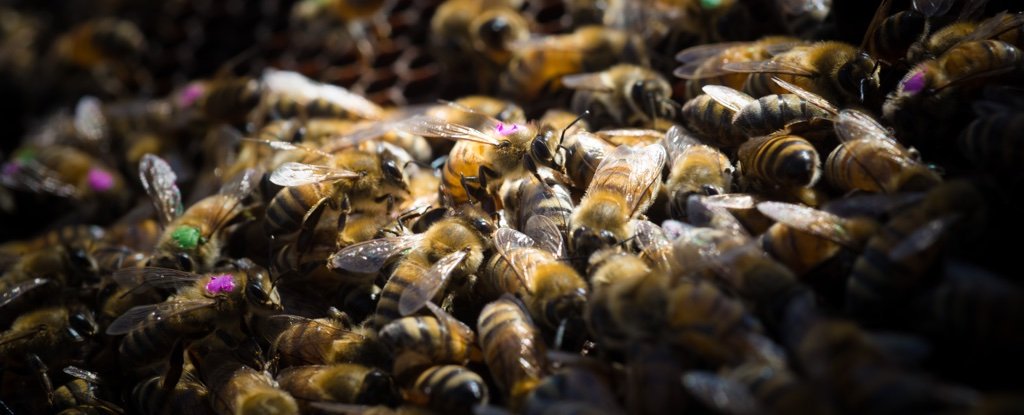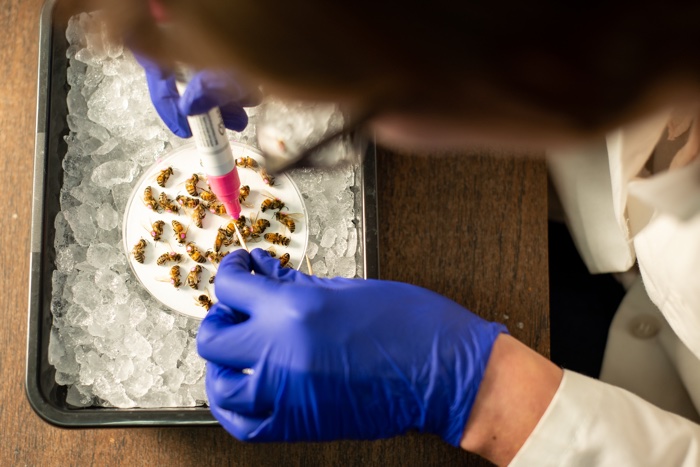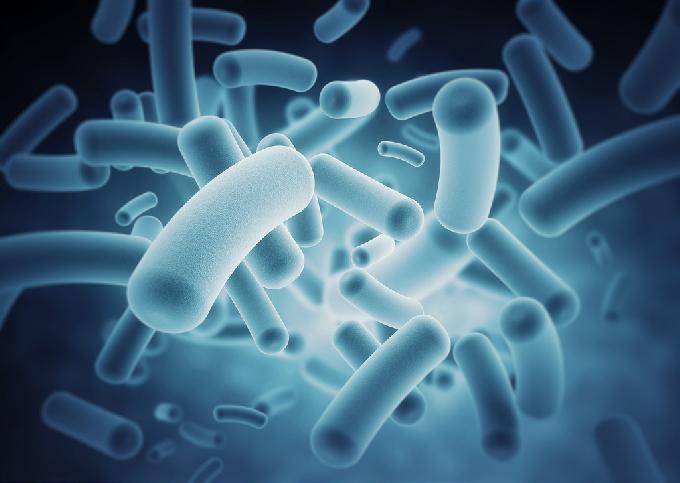Populations of honeybees have crashed in recent years. Now a new study out of The University of Texas at Austin, suggests that the world’s most popular weed killer may be contributing to the global decline of honey bees and native bees.
Researchers found that the honey bees exposed to glyphosate, the active ingredient in Roundup Weed killer, World’s best selling herbicide causes bees to lose beneficial bacteria in their guts, leaving their immune systems unable to fight off some infections. Researchers found that although glyphosate is nontoxic to animals, but it interferes with an important enzyme found in plants and microorganisms.
“We need better guidelines for glyphosate use, especially regarding bee exposure, because right now the guidelines assume bees are not harmed by the herbicide,” said Erick Motta, the graduate student who led the research, along with professor Nancy Moran. “Our study shows that’s not true.”
For this study, the team exposed honey bees to glyphosate levels found in crop fields. They supervised the bees by painting their backs. Team found that that after three days half of their eight dominant species of healthy bacteria had been reduced, including one critical to processing food and fighting infections.








